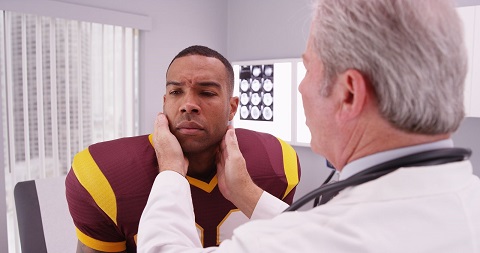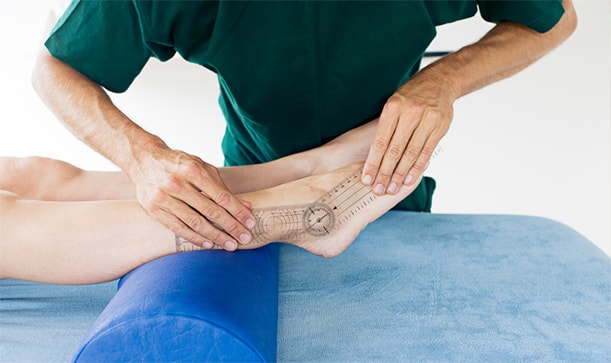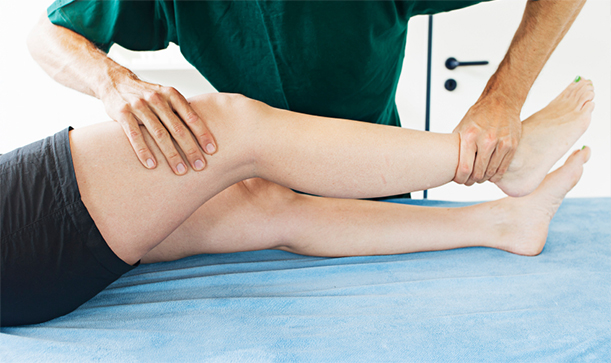CK Physiotherapy
AREAS COVERED
W7, W5, W13, Ealing, West London
57 Elthorne Avenue
Hanwell, W7 2JY
T: 020 8566 4113
M: 079 572 46185
E: info@ckphysio.co.uk
Location / Parking
We are situated in Hanwell, between Boston Manor Road and Northfields Avenue, south of the Uxbridge Road.57 Elthorne Avenue
Hanwell, W7 2JY
There are parking restrictions Mon - Fri 9-10am and 2-3pm. If you need a permit during this time please inform your therapist when you arrive. There are no parking restrictions at other times.
Opening Times
Please phone the number above during working hours to make an appointment. Our reception service will be happy to book your session.
London Underground / Bus Services
London Underground
10 min. walk from Boston Manor Tube Station.
15 min. walk from Northfields Tube Station.
Bus Service
E8, E3, E2, 207, 607, 83
Request Call Back
Our Blog
Do You Enjoy Playing Sports Regularly? Follow These Tips from a Physio to Avoid Injuries
By: BryanKelly (Psst, View author in Google Plus) Date: Aug 15th, 2017Finding relief from back pain involves more than just alleviating the symptoms. Determining the main cause of your pain is crucial in reducing the risks of debilitating effects in the near future.
Staying active and participating in sports as much as you can is definitely good for you. After all, it would greatly help you keep fit and feel young.
However, regular play will expose you to greater risk of injury. In fact, a recently released briefing paper revealed that around1.7 percent of visits to the accident and emergency departments in the UK from 2013 to 2014 were due to sports injuries.
Here are some tips to avoid sports injuries straight from a physiotherapist or physio.

Always Remember to Warm Up
Doing proper warm up actually gives your body the best chance of avoiding any injuries while you're playing. A good warm up session typically lasts around five to 10 minutes. It includes some gentle stretching as well as exercises to properly prepare muscles for the strenuous activities to follow.
Make sure start slowly and gradually bring your pace up. This allows more blood to reach the muscles, providing you with increased flexibility in the muscle fibres. This would help significantly reduce any risk of straining or pulling muscles.
Keep Your Protective Gear On
Regardless of your sport, be sure to never take to the field without the prescribed protective gear. Protective equipment may include shin pads if you are playing hockey and football. Meanwhile, putting the correct footwear may also help you avoid any injuries in the ankles and feet.
Do Not Overreach Yourself
When playing, you need to learn to listen to your body and determine your physical limits. This is especially critical if you have just started playing a sport. Beginning slowly is the best way to avoid straining or pulling a muscle early on. Remember that both strength and stamina needs to be built up over time. You can't just achieve it with a single game.
Remember to Cool Down Afterwards
As important as it is to warm up before the game, it's also equally important to make sure that you properly cool down afterwards. Cooling down means spending around five to ten minutes doing a gentle form of exercise to allow your heart rate to return to its normal pace. During this cool down process, your body removes your muscle's waste products and replace them with much needed nutrients and oxygen. Cooling down also helps prevent any feeling of stiffness after a game.
Just follow these tips and you should be able to stay as injury as free as possible. In case you get injured, be sure to make an appointment with your physio as soon as possible. That way, they can immediately start treating your injury so that you can return to playing the sport that you love sooner.
Sources:
How can I avoid a sports injury?, nsmi.org,uk
Accident and Emergency Statistics: Demand, Performance and Pressure, researchbriefings.parliament.uk





